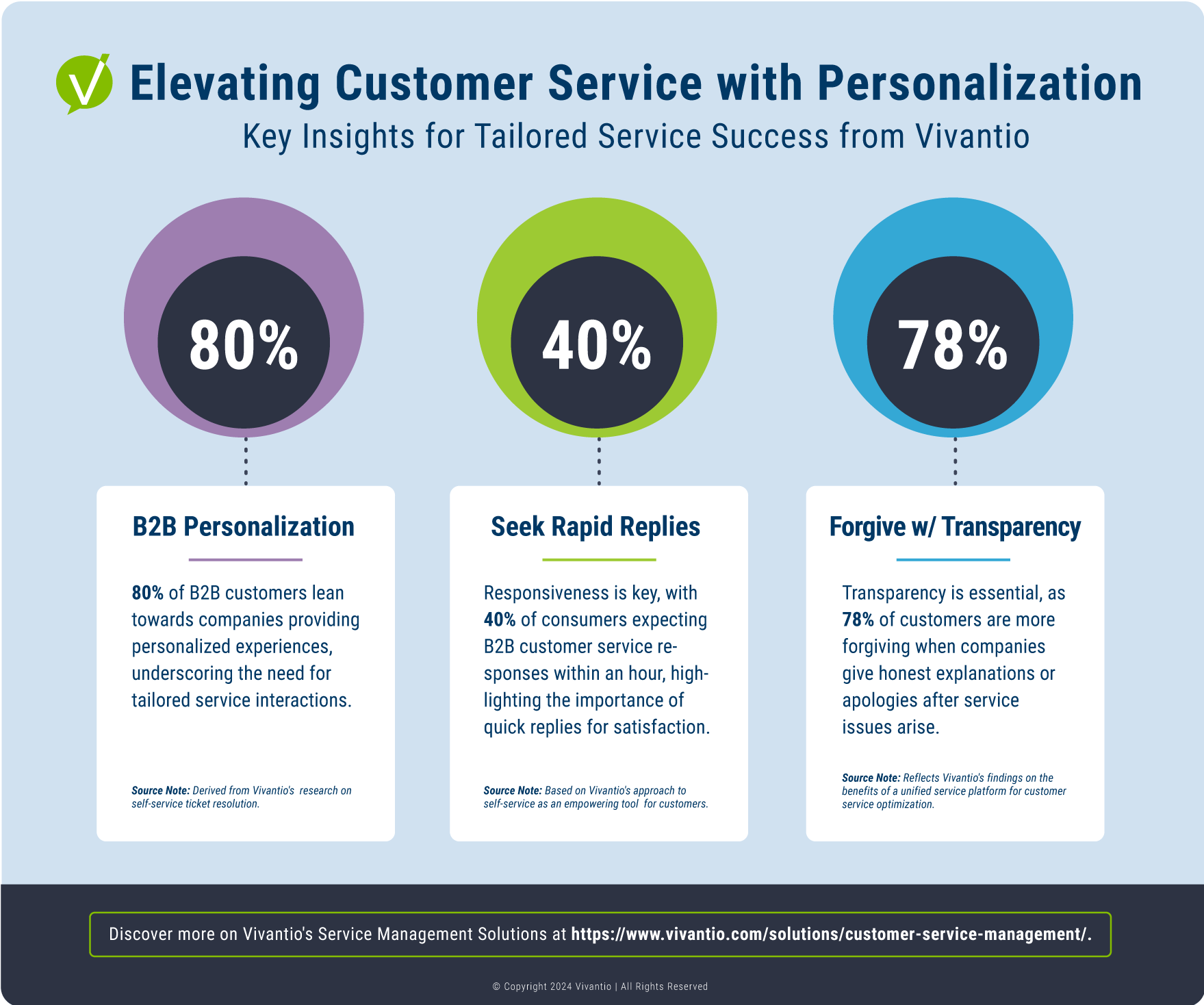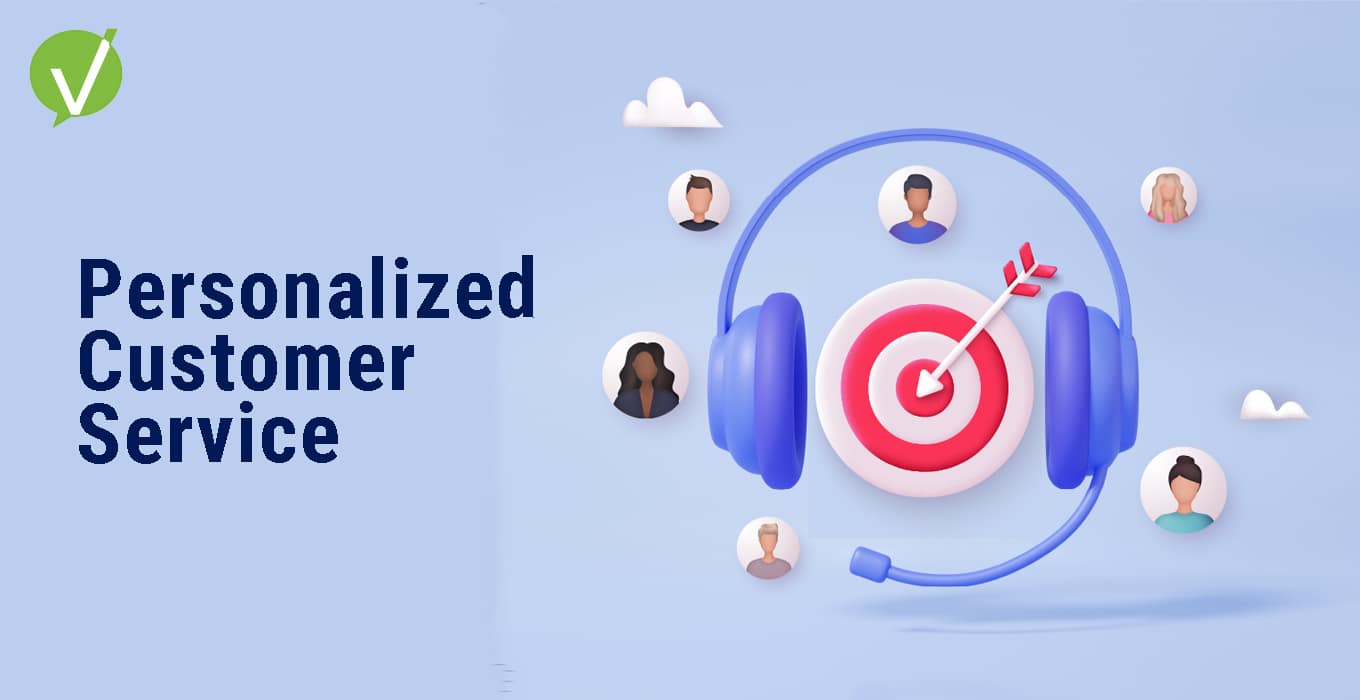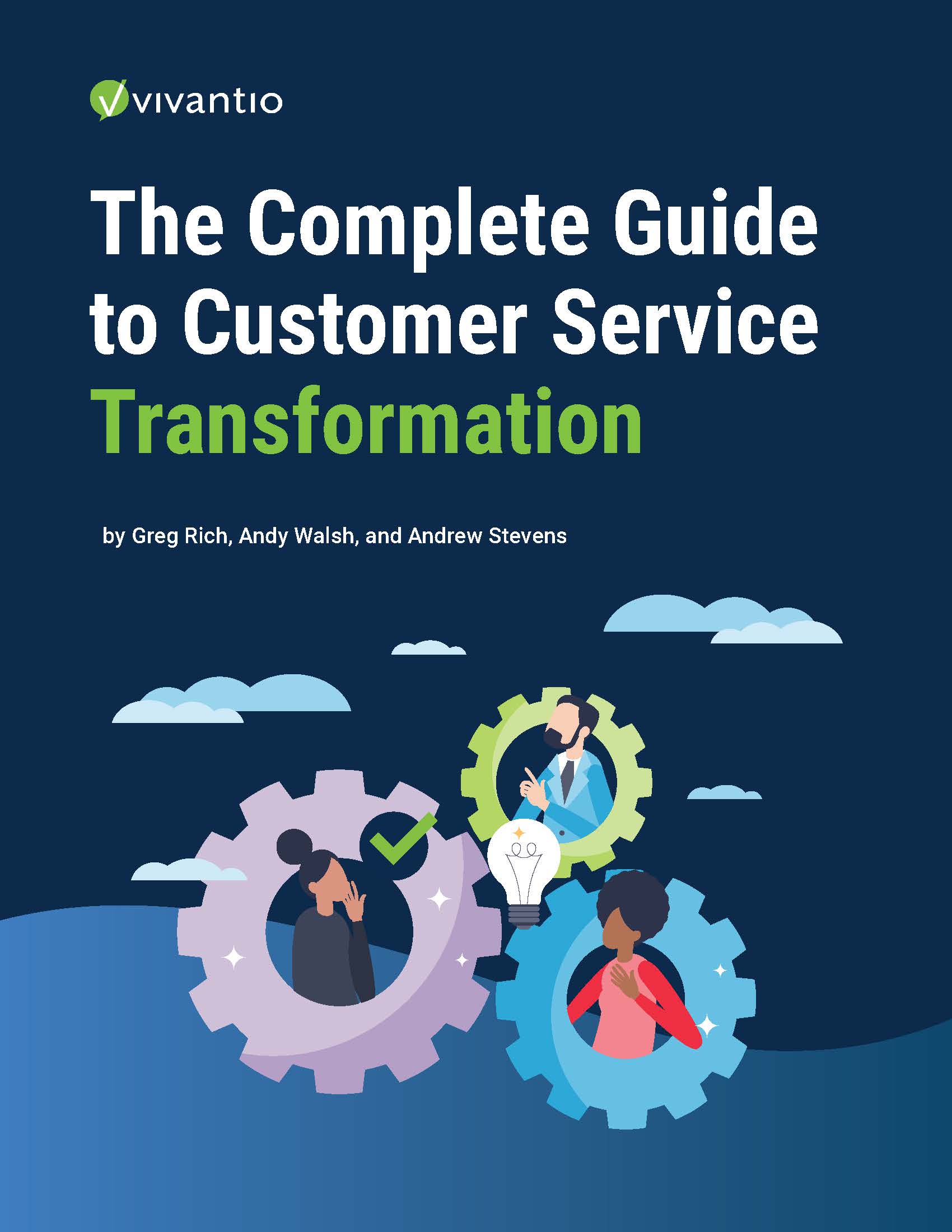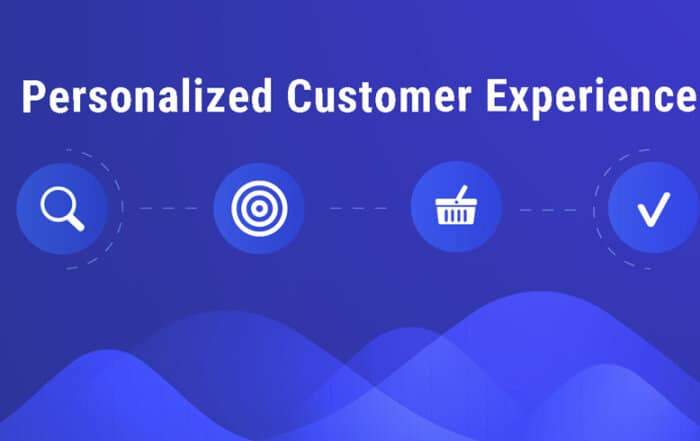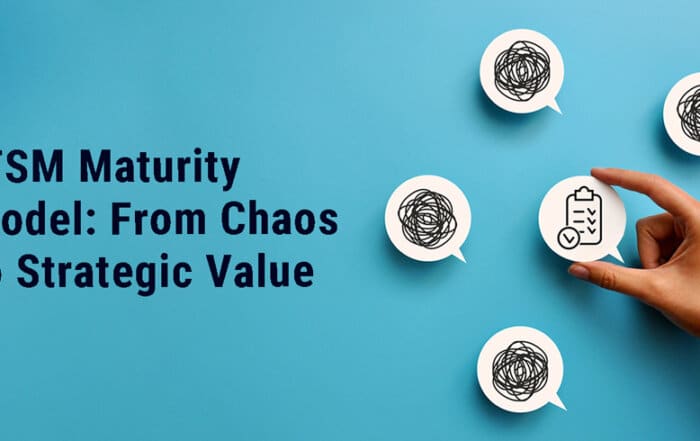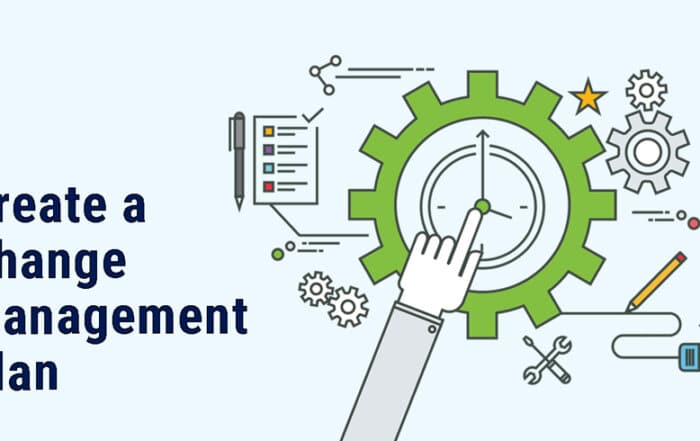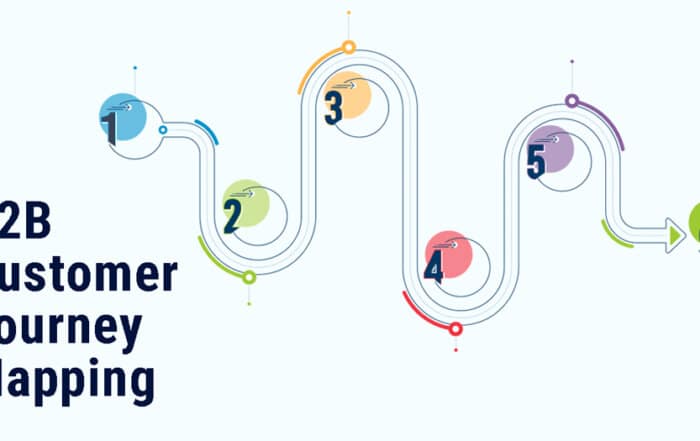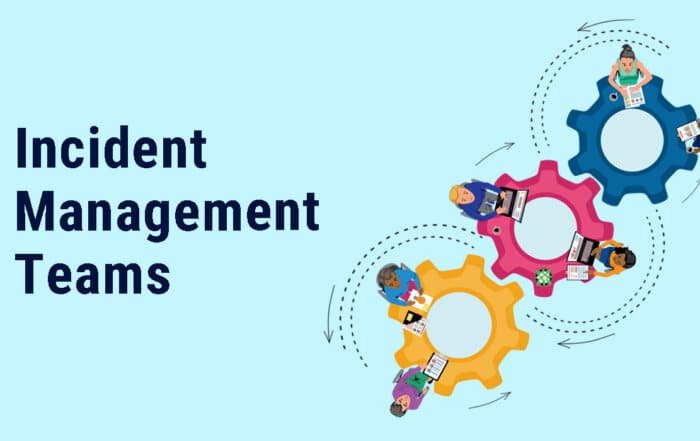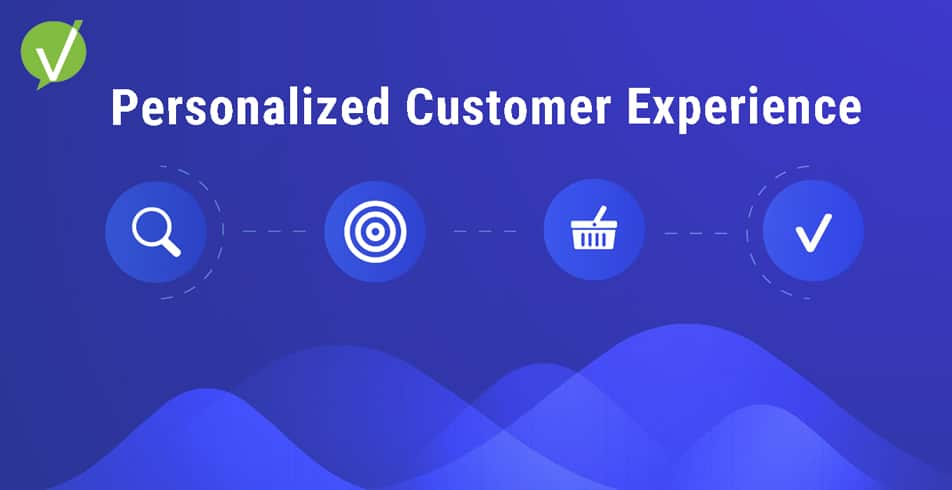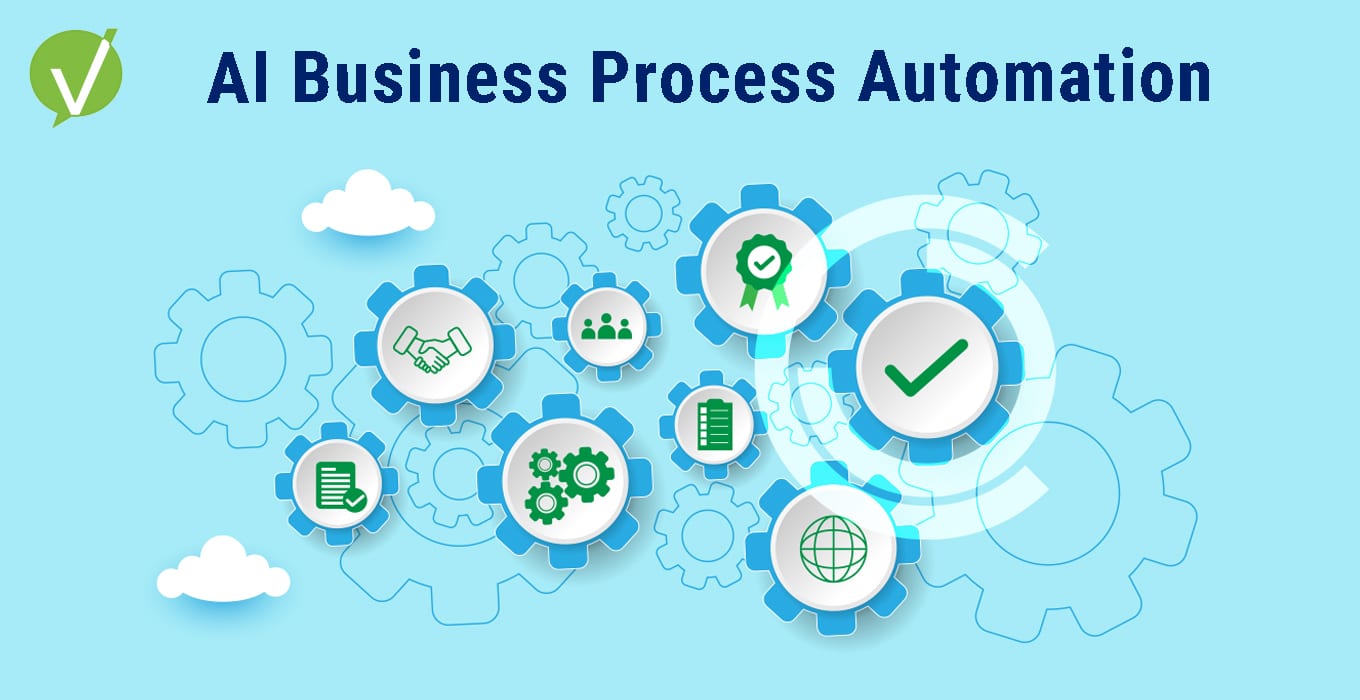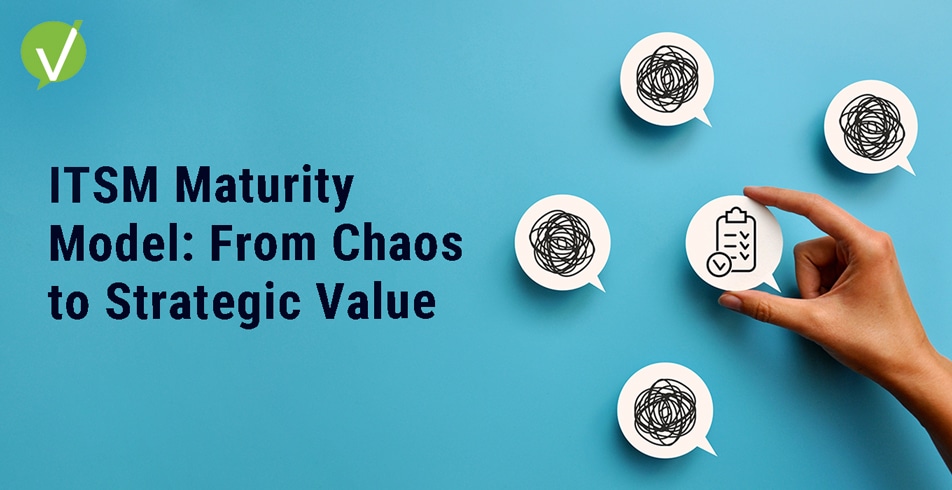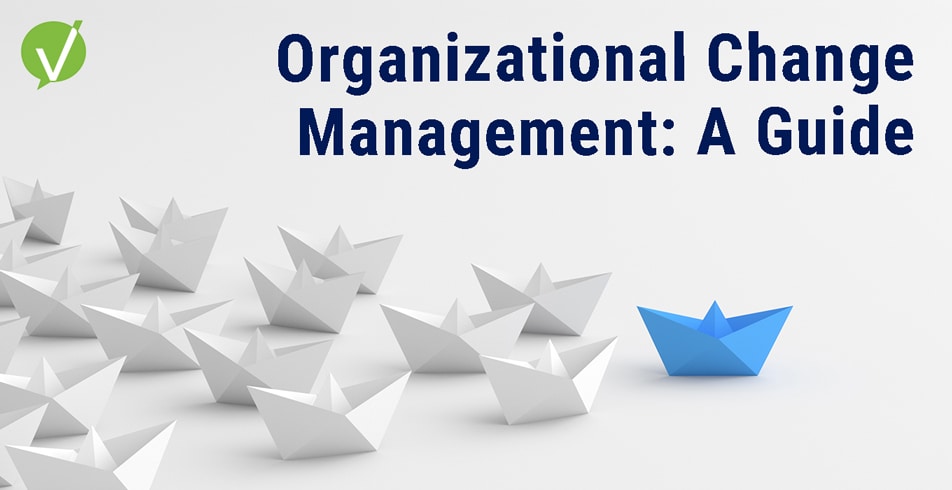Personalized Customer Service: Enhancing CX
Introduction
Numerous studies and market analyses highlight the indispensable role of personalization in fostering enduring customer relationships. Research from authoritative sources such as SmallBizGenius and Renderforest reveals a compelling statistic: 89% of customers remain faithful to brands that offer personalized service.
In today’s competitive marketplace, delivering personalized customer service is not just an option—it’s a necessity. When you personalize your customer service, you’re creating a path to brand loyalty.
Personalized customer service means tailoring your service and support to meet the individual needs of each customer. It goes beyond the one-size-fits-all approach, offering solutions that resonate with the customer’s specific situation. The benefits of customer personalization are clear: it leads to increased customer satisfaction, loyalty, and ultimately, retention.
Understanding the Power of Personalization
Personalization transforms customer interactions by tailoring each experience to the individual’s needs, leveraging data to ensure every interaction feels uniquely designed for them. This attention to detail significantly contributes to making customers feel valued and special.
The insights gleaned from a customer’s purchase history and online browsing habits are invaluable for businesses. They gain a deeper understanding of customer preferences and interests, enabling them to tailor offers and present products and services that truly resonate with the customer.
Imagine receiving an email that perfectly aligns with your preferences or visiting a website that recognizes and remembers you. These gestures of personal attention demonstrate a business’s deep understanding of its customers, fostering a sense of being valued.
Personalization extends beyond singular interactions to encompass the entire customer journey with a business. Regardless of the touchpoint or channel of interaction, personalization ensures every experience feels intimate and tailored, consistently leaving a positive impression on the customer.
Personalized experiences drive customer engagement
When things feel personal, we pay more attention. We’re more likely to explore what a brand offers. Feeling understood by a brand makes us want to see more.
A personal offer makes us curious. It stands out among general ads. It grabs our attention.
Going the extra mile to provide personalized touchpoints makes customers feel valued. That emotional bond means the customer will stick around longer. It leads to them buying more over time.
A visual representation of the power of personalization
| Personalization | Customer Engagement | Customer Satisfaction | Customer Loyalty |
|---|---|---|---|
| Using customer data to tailor experiences | Increased customer interaction and involvement | Higher levels of satisfaction and delight | Developing strong customer loyalty and advocacy |
| Creating a personalized customer journey | Enhanced customer engagement at every touchpoint | Consistent and meaningful customer experiences | Long-term customer loyalty and repeat business |
The table shows how personal touches make customers more engaged, happy, and loyal to a brand. Using data smartly hands a business the key to creating lasting relationships.
Implementing Personalized Customer Service Strategies
To center your company around the customer, initiate with a focus on personalized service. Equip your team to provide experiences customized to each customer’s needs. Develop a comprehensive customer service strategy that outlines how to handle various customer interactions and situations. Implement specialized Customer Service Management tools to enhance the management and tracking of customer interactions. By adopting these practices, you can significantly elevate the quality of your customer support.
1. Enhance Your Customer Support Team’s Skills
Key to delivering personalized service, your customer support team should be well-equipped through training. Provide them with the knowledge and tools necessary for understanding and addressing each customer’s unique needs. Training should emphasize active listening, empathy, and effective problem-solving, ensuring every interaction is meaningful and personalized.
2. Develop a Customer Service Management Strategy Focused on Personalization
Creating a robust customer service management strategy is essential. Define clear objectives that align with your overall business goals and outline strategies for achieving them. Customize interactions to elevate the customer experience, fostering loyalty and encouraging repeat business.
3. Leverage Customer Service Management Tools for Superior Interaction Management
While CRM tools offer valuable insights for customer interaction, integrating Customer Service Management (CSM) tools elevates the management of these interactions to a new level. These tools allow for a comprehensive understanding of customer preferences, historical interactions, and purchasing behavior. Armed with this information, your team can deliver highly personalized recommendations and proactive support, significantly enhancing overall customer satisfaction.
4. Continuously Evaluate and Refine Your Approach
It’s crucial to regularly assess the effectiveness of your customer service personalization efforts. Solicit feedback directly from customers, analyze service-related data, and monitor customer health metrics such as customer satisfaction scores, response times, and retention rates. Use these insights to continuously refine your strategies, ensuring an ever-improving customer experience through effective Customer Service Management best practices.
| Benefits of Implementing Personalized Customer Service Strategies | Customer Support Team Training | Customer Service Management Strategy | Customer Service Management Tools Integration |
|---|---|---|---|
| Increased customer loyalty | Enhanced customer interactions | Consistent personalized experiences | Efficient management of customer interactions |
| Improved customer satisfaction | Empowered and knowledgeable team | Alignment with business objectives | Tailored recommendations and proactive support |
| Stronger customer relationships | Improved problem-solving abilities | Proactive customer engagement | Comprehensive understanding of customer needs and preferences |
Leveraging Customer Data for Personalization
Using customer data is vital for outstanding customer service. By analyzing this data, companies can make their service more personal. This leads to happier customers and more loyalty.
Personalizing support is a major perk of customer data. It allows businesses to understand what each customer needs. So, they can offer solutions that really solve problems.
Companies can collect customer data from many places like online surveys and purchase records. This info helps them understand their customers better. Then, they can tailor their support for each person.
Personalized Customer Support: Enhancing Loyalty and Satisfaction
Personalized support is more than just solving issues. It’s about connecting with customers on a personal level. With the right data, companies can suggest relevant products and meet their needs better.
When customers feel seen and valued, they’re likely to stay loyal. Personalization helps companies build strong, lasting bonds with their customers. It shows customers they are more than just a sale.
Imagine getting an email from a shop you like that uses your name, recommends stuff you’re interested in, and gives you a special discount. This kind of personal touch can make customers keep coming back.
Creating a Personalization Strategy
A good strategy for personalization uses customer data wisely. It helps businesses understand what their customers really want and need. This way, they can approach problems in a way that truly helps.
Bringing customer data into customer service helps businesses predict what customers will need. It makes communication better and solutions more suitable. This personalized touch not just improves the customer’s experience but also makes things more efficient for businesses.
Implementing Personalization Technologies
To use customer data well, businesses can use CRM systems and service software. These tools make it easy to keep track of customer data. That way, it’s organized, easy to get to, and useful.
CRM systems help businesses keep all their customer info in one place. This gives a full view of each customer’s likes, buying habits, and more. It leads to service that feels more personal and meaningful.
With the right tools and the right approach, businesses can use customer data to keep customers coming back. This builds loyalty, increases satisfaction, and leads to success in the long run.
Delivering Personalized Customer Experiences Across Channels
Offering great customer service means creating personal experiences across all channels. It’s crucial to tailor your chat to match what each customer needs. This makes their journey with your brand cohesive and enjoyable.
Personalized talks are key to these great customer experiences. Whether it’s through live chat, calls, or emails, how you connect matters. They play a big part in solving customers’ problems.
Using these channels allows you to interact directly and personally. For instance, live chat lets you talk in real-time. This helps you know exactly what your customer needs quickly.
Calls add a personal touch, letting customers talk directly to someone who can help. Emails let you give focused support each time a customer reaches out. Both are powerful ways to connect on a personal level.
It’s important to be consistent across all customer touchpoints. Make sure the information you provide is the same everywhere. This smooths out the experience, making customers happier and strengthening your service strategy.
Why Personalizing the Customer Experience Matters
Personalizing talks and experiences is crucial. It builds trust and loyalty with your brand. Happy, listened-to customers tend to stick around, which means they’ll like your products or services more.
This approach also makes your brand stand out. When you meet specific customer needs, you create unique experiences. These differences make your brand memorable in a crowded market.
Personalized service keeps customers coming back. They’re less likely to go to a rival if they get special attention. Showing you get their unique needs builds lasting bonds and loyalty.
Delivering Consistent Personalization
To give personalized experiences everywhere, you need a solid plan. Here’s what to consider:
- Train your team to give personalized support and communicate well, no matter the channel.
- Use CRM tools to keep track of and analyze customer talks and likes.
- Leverage customer data to tailor your talks through insights from past interactions.
- Know your customers’ likes and problems to adjust your support to fit them.
By following these steps, you ensure customers get the personal touch they crave. This boosts their happiness and your brand’s loyalty.
| Service Channel | Benefits |
|---|---|
| Live Chat | – Real-time customer service interactions
– Immediate assistance – Personalized solutions |
| Phone Calls | – Personal connection
– Direct communication – Tailored support |
| – Written documentation
– Detailed responses – Individualized information |
By focusing on these channels and personalized talks, you create an amazing customer experience. This fosters trust, loyalty, and total satisfaction.
Measuring and Improving Personalized Customer Service
Customer satisfaction is key in personalized service. You need to know if your customers are happy. This can be done with surveys or feedback forms. You can also study their interactions and feelings.
By looking into feedback, you learn what needs to get better. This helps you improve your strategies. And it makes the customer’s experience better.
Personalized service helps keep customers. When they feel like you get them, they stay loyal. By always checking their satisfaction, you find out who might leave. Then, you can keep them happy. Knowing your customers well lets you give them what they want. This makes the bond with them stronger.
Understanding each customer’s preferences allows you to offer them a personalized service, which not only enhances their satisfaction but also cements their loyalty to your brand. As happy customers are the backbone of a thriving business, it’s pivotal to have a solid system in place for sustainable change.
Partner with Vivantio to craft and refine your organization’s processes and frameworks, schedule a demo today and let us tailor a strategy to your unique needs. Our expert team can offer a variety of tools and features that can help personalize the customer experience. For B2B customer service, Vivantio provides a suite that encompasses workflow and automation.
